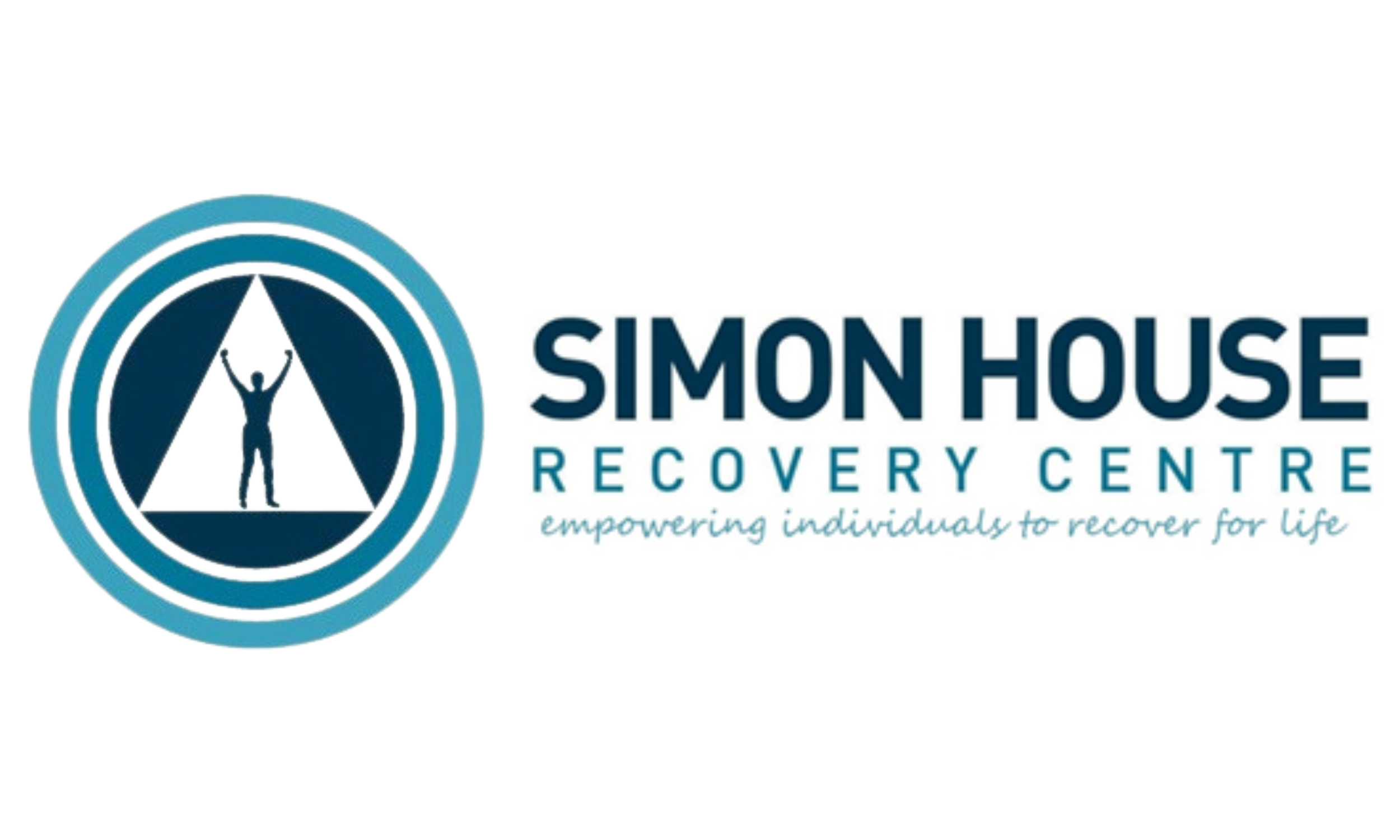How Important Is Spirituality In Recovery
Recently I was speaking with a potential client who said, “I won’t go to another rehab program where they ram religion down my throat.” Not knowing the details of his previous experience I simply said that regarding spirituality, Simon House Recovery Centre is a balanced program. I shared with him that spirituality is an important piece of 12 Step recovery and he responded that it was too Western and Christian. I then told him about our morning meditation and how our clients are able to use the new Indigenous Centre for a morning smudge and meditation. His response was, that in his previous program, everyone was assigned a Counsellor, a Medical team member, a Psychiatrist and “a stupid chaplain.”
When I asked him if he believed that spirituality was important, his reply was, “Not for an atheist.”
This conversation sent my mind whirling. How should spirituality be treated in a program? What does mature spirituality look like? Should we formally recognize and make available a variety of spiritual care providers from various spiritual traditions? How do we assess a client’s spiritual needs? What is the connection between a healthy spirituality and a healthy mind, body and emotions? Is spirituality an individual or a corporate experience? What is the difference between spiritual and religious supports? And how do we deal with an atheist in our program?
At Simon House, we say we do not discriminate regardless of age, ethnicity, gender, sexual orientation, socio-economic status, education, mental health, physical ability, criminal record, lifestyle, religion or spirituality.
Thinking about all of this, especially about spirituality, I believe that our Individualized Program Plans must take spiritual goals into account. Addiction recovery requires significant lifestyle changes in all areas of life. And there are a few things we know:
Many Addiction Recovery centres were started by religious groups
Religious beliefs often shape attitudes to both addiction and addicts. These beliefs are often negative
Many clients have anger toward a Higher Power because of their trauma
Both AA and 12 Step Recovery have spirituality as an important component
As I see it, there are no easy answers to the questions raised either for client healing or for program delivery. In order to be principled, to not proselytize, to honour our values, we must have an open dialogue about this so that our Recovery-Oriented System of Care does not discriminate whatever might be a client’s spiritual or religious orientation. Our spiritual care must be carefully designed so that it does not re-traumatize and leads to positive lifestyle change. Our goal for recovery must incorporate healthy lifestyle strategies for mental, emotional, physical and spiritual health. This is what will make a Simon House Recovery Centre a safe and caring place of hope and success for all.
Dr. John R.
— John Rook Ph.D., President & CEO
